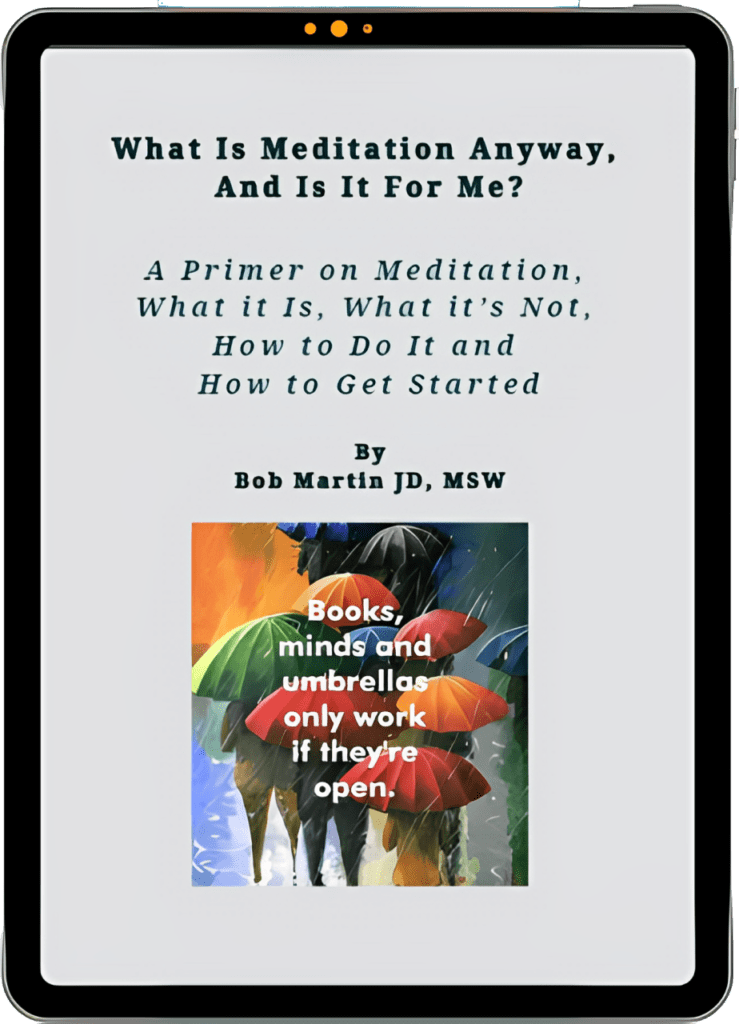Common misconceptions about meditation has surged in popularity over the last decade, but despite its widespread appeal, many misconceptions exist. Whether you’re new to mindfulness or a seasoned practitioner, understanding what meditation truly is (and what it isn’t) can enhance your practice and reduce stress more effectively. Below, we’ll explore common myths about meditation and clarify the reality of this ancient practice.
Meditation is Not About Completely Emptying Your Mind
One of the common misconceptions about Meditation is that you need to completely empty your mind of thoughts. This myth can make meditation seem impossible for beginners who notice a flood of thoughts while sitting still. The truth? Meditation is not about erasing thoughts but about observing them without judgment. It’s about developing a state of awareness so you can become mindful of your thoughts, common misconceptions about meditation emotions, and sensations without being overwhelmed by them.
Meditation is Not Just For Relaxation(But It Helps!)
While meditation is often associated with stress relief and relaxation, its purpose goes far beyond that. Meditation helps develop mental clarity, common misconceptions about meditation emotional resilience, and a deeper connection with the present moment. Relaxation may be a wonderful side effect of a meditation practice. Still, the goal is to cultivate a mindful and focused state of awareness in all aspects of life, from work to personal relationships.
You Don’t Have to Meditation For Hours
Some people think meditation requires sitting in silence for hours to experience benefits, but research shows even short mindfulness practices can have a profound effect on your well-being. Meditating for as little as five minutes a day can help reduce stress, improve focus, and boost your mood. The key is consistency, not duration.
Meditation is not About Spiritual Beliefs (Unless You Want It To Be)
Another common misconceptions about meditation is tied to specific spiritual or religious beliefs. While it can be a component of spiritual practices, meditation itself is a secular tool that anyone can use. Many people use meditation for stress relief, mental health, and improved focus without attaching any spiritual significance. Whether you’re spiritual or not, meditation can fit into your daily routine to promote well-being and balance.
You Don’t Need To Sit Cross-Legend on The Floor
The image of someone sitting cross-legged on a meditation cushion is iconic, but it’s not the only way to meditate. You can practice mindful meditation in many different positions, including sitting on a chair, lying down, or even while walking. The most important factor is comfort, allowing you to focus on your breath and stay present without discomfort distracting you.
Meditation Won’t Make You Passive or Unmotivated
There’s a myth that meditation makes people passive, detached, or too “zen” to get things done. In reality, meditation fosters greater self-awareness and emotional intelligence, allowing you to engage with life more fully. Practicing mindfulness can lead to better decision-making, enhance productivity, and help you respond to challenges with a calm, focused mind.
Meditation is Not a Quick Fix
Though meditation can offer immediate relief from stress or anxiety, it’s not a “quick fix.” Like any skill, meditation requires practice and patience. The real benefits unfold over time as you build your practice and develop greater awareness of your thoughts and emotions. Just as physical fitness requires consistent exercise, mental fitness through meditation grows stronger the more you practice.
What Meditation is: A Reality Check
Now that we’ve addressed what meditation isn’t, let’s highlight what meditation truly is.
A Tool for Mindfulness: At its core, meditation is a practice that fosters mindfulness — the ability to remain fully present in the current moment without being distracted by thoughts of the past or future.
A Way to Reduce Stress: Numerous studies show that mindfulness meditation reduces cortisol levels, the body’s primary stress hormone. With regular practice, meditation can lead to less anxiety, better stress management, and an overall improvement in well-being.
A Path to Self-Awareness: Meditation helps you become more aware of your thought patterns and emotional responses, leading to greater emotional regulation. This increased self-awareness can help break negative thought cycles and cultivate a more compassionate outlook on life.
A Focus Booster: Meditation sharpens focus and attention, helping you stay productive and centered in a world filled with distractions. Even short sessions of focused breathing or body scan meditation can increase your concentration and clarity.
Accessible to Everyone: Meditation is not reserved for monks or spiritual seekers. It’s a versatile tool that anyone can incorporate into their daily life, no matter their background or lifestyle.
Ready to Try Meditation
If you’re ready to experience the real benefits of common misconceptions about meditation, try starting with a simple breathing exercise or a guided meditation. Set aside five to ten minutes each day to sit quietly, observe your breath, and allow yourself to become fully present in the moment. Over time, you’ll notice greater peace, clarity, and resilience in your daily life.
By clarifying what meditation is and dispelling common myths, you can approach this practice with the right mindset. Meditation is a personal journey, and there’s no right or wrong way to do it. The key is to find a practice that works for you and remain patient as you experience mindfulness’s gradual, lasting benefits.
I have written a short primer on meditation that I offer for free. To read more about it, please visit my website, Visit:- https://awiseandhappylife.com.


